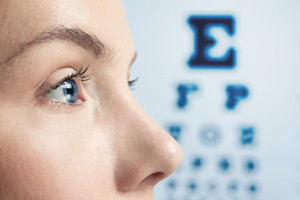Central Serous Chorioretinopathy: Symptoms, Diagnosis And Treatment
The retina is one of the most important parts in our eye. When fluids get built up and causes distorted vision, the condition is known as Central Serous Choreoretinopathy.
Choroid is a tissue layer under the retina from which the fluid gets leaked. RPE or retinal pigment epithelium is another layer of cells. When it functions abnormally, fluid gets built up. This in turn forms a detachment under retina and the vision also becomes distorted. This condition mostly affects one eye but in some cases both the eyes get affected.
Symptoms of Central Serous Chorioretinopathy:
Men have the high risk of having this disease when compared to women when they are between the age group of 30-50. One who has a lot of stress is more susceptible to this disease as this is a major risk factor. Some of the other symptoms are helicobacter pylori infection, insomnia, hypertension, type A behavior, autoimmune disease and use of steroids.
Diagnosis of Central Serous Chorioretinopathy:
Dilating eye drops are used to inspect eyes retina by the ophthalmologist. Some photograph of the retina is also taken. Fluorescein angiography is done by injecting a dye in the arms vein. The dye passes through blood vessels present in the retina and abnormal areas are shown in orange color. Thus the affected area is found out.
Optical coherence tomography is also done for three dimensional view of the retina to find out whether there is any swelling or to find out the retinal thickness.
Treatment of Central Serous Chorioretinopathy:
Within a couple of months this condition gets eased up in most of the cases. The presence of liquid is examined by the ophthalmologist. There is severe vision loss in some cases and that is why photodynamic therapy or laser treatment is done to seal the leakage and to restore vision. Good vision is regained even without any kind of treatment for most people. But the regained vision is not normal like it was before the condition. Long term accumulation of fluid is very dangerous and the eye can suffer from serious or permanent vision loss and so consulting your doctor regularly is very important.



 Jul 2nd 2020
Jul 2nd 2020